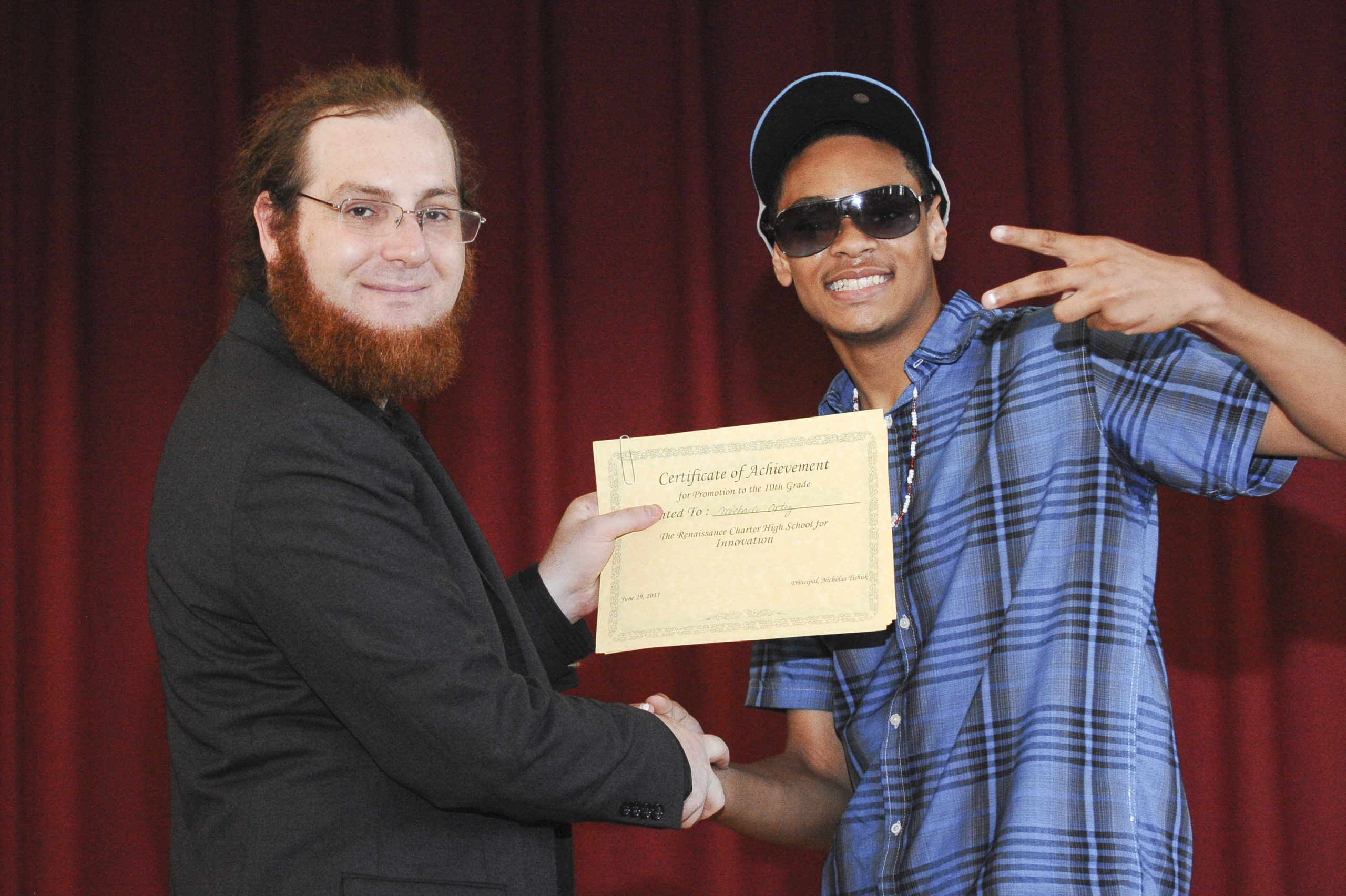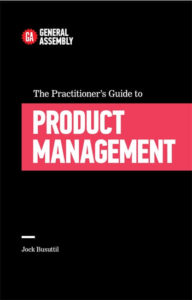
46: How to qualify yourself for a product management job
I’m writing about one hundred things I’ve learned as a product manager.
If you want to work as a developer, you learn software engineering, computer science or teach yourself to code. If you want to become a UX designer, you learn about design and behavioural psychology. But what do you need to learn if you want to qualify for a job as a product manager?
There’s no undergraduate or post-graduate degree (yet) that fully prepares you to become a product manager. An MBA can get you pretty close, but in my view it typically skews too heavily skewed towards business and marketing. It’s a bit like training to be a decorator when in fact you want to paint Turner-esque seascapes – similar tools and skills, but applied in very different ways. Product managers need a rounder background than an MBA can provide, including technology, design, user experience and, increasingly, data science.
An MBA for a product manager is a bit like training to be a decorator when you want to paint Turner-esque seascapes
There are plenty of ‘technical’ product management skills you can learn online, from a book, or in a class. These could include how to uncover user needs, how to define the long-term vision for the product, and how to prioritise the next product features to build. However it’s much harder to learn the softer skills: how to communicate effectively with people; how to adopt different approaches to influence difficult characters; how to remain calm and objective in a crisis. Real life teaches those.
Perhaps more than other professions in digital or technology, this leaves us with the age-old conundrum: in a job market that seemingly always demands experienced product managers, how do you gain experience in the first place?
One approach is to emulate how others became product managers. Speak to many of them and you’ll find that they generally did so after gaining experience in related roles. It’s not uncommon for product managers to have come via user experience, development, marketing and other disciplines. You’ll also notice that the best product managers have achieved a balance in experience across the different professions – technical and commercial, user-facing and business-focused.
At Silicon Milkroundabout there will be plenty of product managers milling around or manning the stands. Take the opportunity to ask how they got into product management. What you may also find out from them is that product managers have a strong appetite to learn. One of the reasons why we move around different roles before settling on product management is that we’re eternally curious.

When I work with a company, I want to learn all about the people for whom we’re building the product, and about the all the different people involved in bringing that product to life. I want to experience and understand what they do and how they do it. Walking a mile in other people’s shoes grants me a valuable sense of perspective and empathy. And to paraphrase the sage Billy Connolly, I then also have someone else’s shoes and a mile’s head-start.
To earn a job as a product manager, you first need to think about how to gain experience in a balanced selection of the related disciplines. Start with what you know, then gradually segue into different roles. If your background is in computer science (for example), then spend time helping the user experience team run usability tests, supporting customers on the help desk, and learning about the financial performance of the products you work with. You get the idea.
The more forward-thinking companies will appreciate that some people will naturally change role as they gain experience and will do their best to accommodate those internal job changes. But you can’t just sit there and wait for people to hand you things on a plate – that rarely happens. You need to have a plan for your own professional development to begin with, then more importantly you need to share it with someone! Your current manager or the person about to hire you would be a good person to start with.
If you’re starting fresh out of college or university and want to become a product manager, you’ll need a degree of patience. It can take time – years – to work your way around the different disciplines. You can accelerate the process to an extent by joining (or founding) an early-stage startup. With so few people around and so much to do, for the venture to succeed you’ll suddenly find yourself thrust into new roles that you’ll have to get good at – quickly. Of course you’re going to make mistakes along the way, but you’ll definitely learn from them as you progress.

Silicon Milkroundabout is also a fantastic setting to put your plan into action. It gives you an informal, pressure-free opportunity for you to chat with the people who could help you become a product manager. Ask them how you can help their company and products succeed while gaining exposure to the skills you’ll need to accumulate to become a balanced product manager.
If you fancy a chat about how to plan your move into product management, drop by the Mind the Product stand at Silicon Milkroundabout 8.0 on Saturday 15th November 2014. There will be plenty of experienced product managers there to advise, and with any luck I’ll be joining them on the stand. Hopefully I’ll see you there – bring tea and biscuits. Best of luck!


0 Comments on “46: How to qualify yourself for a product management job”